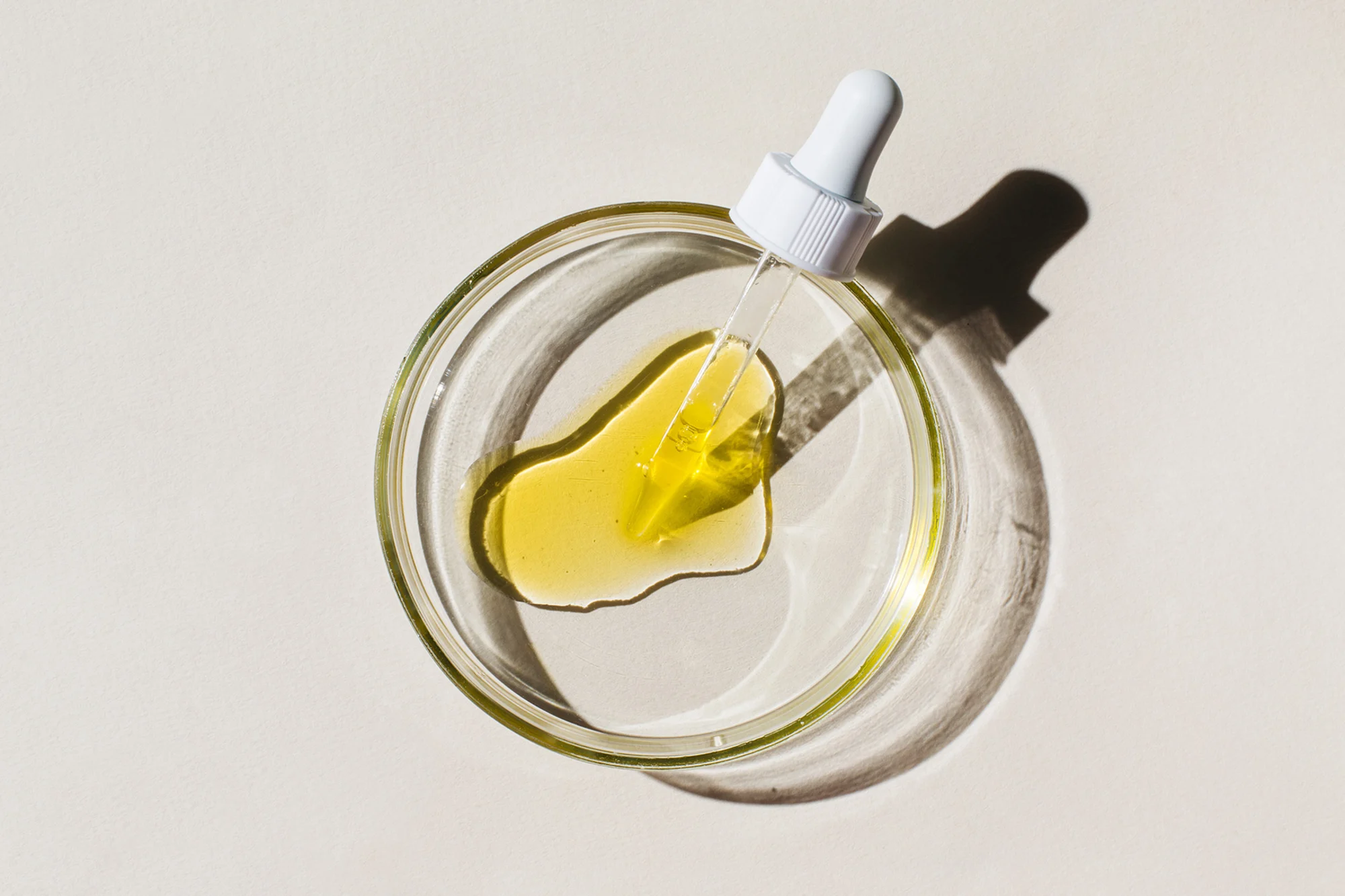Generation Z’s Growing Concerns about Aging and the Rise of Preventative Beauty
Despite their reputation for embracing body positivity and authenticity, young people are increasingly turning to anti-aging products and procedures. The fear of aging is already prevalent among Gen-Z, with many questioning how they will age even before reaching their mid-twenties. Prevention has become the norm, with makeup products offering anti-aging benefits such as reducing fine lines and SPF protection being popular choices. According to intelligence firm Circana, 70 percent of Gen-Z individuals use anti-aging serums daily, and Botox start-up Peachy has seen a surge in Gen-Z clients. In a notable example, a TikTok video titled “Things I do to slow the aging process as a 14-year-old” went viral earlier this year, highlighting the extent of this trend.

The increased focus on appearance can be attributed to the prevalence of social media platforms like Instagram, TikTok, and Zoom, where individuals spend considerable time scrutinizing their own faces. Online, they share routines aimed at “preventative aging,” which includes using retinoids, vitamin C, sunscreen, and even facial tapes and “baby Botox” to prevent lines from forming. Searches and discussions surrounding Botox, dermal fillers, and retinol have surged by 63 percent this year, according to the retail intelligence platform Trendalytics.
This early interest in anti-aging among Gen-Z presents a new market opportunity for beauty brands. Gen-Z consumers prioritize efficacy, quick results, and affordability but are also known for their contradictory values of body positivity and perfection. Brands are adapting to cater to this demand, with many offering products specifically tailored to younger skin. The concept of “prejuvenation,” focusing on prevention rather than correction, has gained popularity among Gen-Z, reshaping the landscape of cosmetic dermatology. Brands are introducing more skincare products targeting anti-aging concerns, with sunscreen products alone seeing a threefold increase in availability.
Moreover, the rise of social media has played a significant role in fueling demand for anti-aging treatments. Gen-Z’s openness on platforms like TikTok has normalized discussions around cosmetic procedures, with many sharing their experiences and results online. Social media influencers, including dermatologists, play a crucial role in educating Gen-Z about skincare and aging concerns. However, the abundance of information can also lead to confusion and anxiety among young consumers, with some resorting to premature use of harsh chemicals in an attempt to combat aging.
In conclusion, Generation Z’s early preoccupation with aging signals a shift in attitudes towards beauty and skincare. While social media has facilitated discussions and raised awareness, it also presents challenges in ensuring accurate information and responsible use of cosmetic treatments among young consumers.
